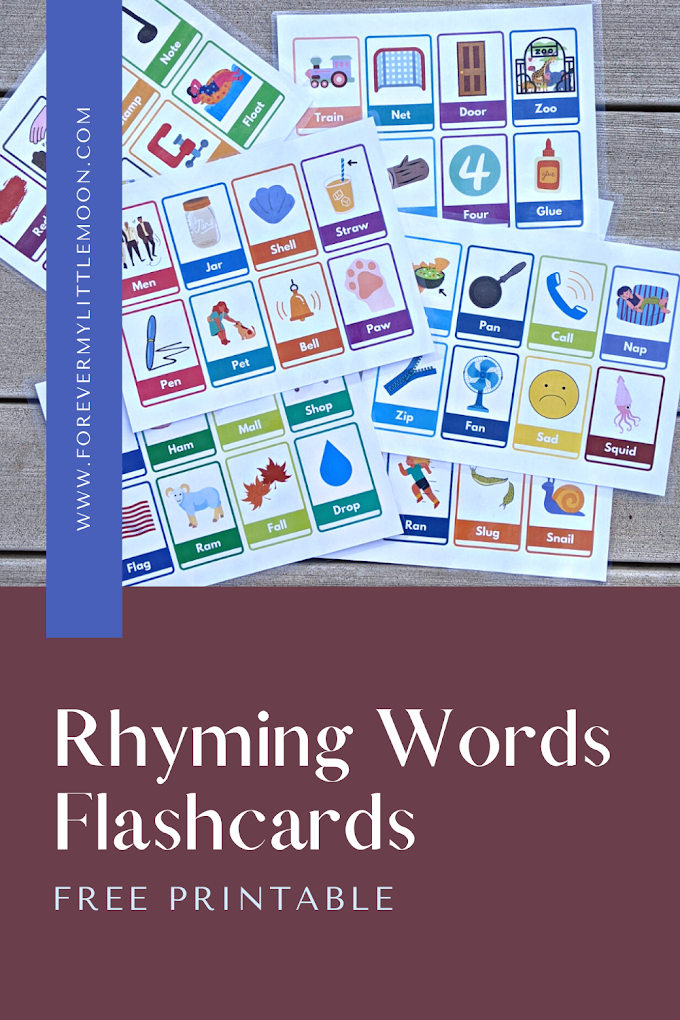Disclosure
Affiliate links are used in this post. You can read my full disclosure here.

To learn why this trend exists helped me understand why my sister and I are so different. We grew up in the same house, yet she was all sports and parties, and I was all music and staying in.
But what was more interesting was that birth order can affect relationships and to discover that my husband and I fit what psychologists consider one of the best long-term relationship combos: Firstborn with Lastborn. I was first born and he was last (he has three older sisters).
According to one study of three thousand families, the odds for a happy marriage increase a great deal when the first born hooks up with the last born. What is at work here is the opposites-attract-and-are-good-for-each-other factor. The first born teaches the last born little things that may be lacking, such as being organized and having goals, while the last born helps the first born lighten up and not take an overly serious approach to life.
According to the researchers, the best possible match you can find is the first-born female and the last-born male. (source)
With all studies, there are always exceptions, but I started noticing that a lot of couples we know follow these trends. Opposites attract after all and when you take into account that birth order can affect personality, well it usually comes down to personality when finding your partner. But just because you don't fit what is considered the best pairing, doesn't mean your relationship is doomed:
You can’t change your actual birth order, but you can change the way you think about your role in the family. Sounds like pretty good news, especially if you felt doomed to a life of presumed middle-child insignificance. (source)
Stereotypes play a huge role in how we are raised. For example, firstborns are seen as older, more mature, and more capable, so they are given more responsibility in the family. They are also often the ones to take the punishment. Does "you're older, you should know better," sound familiar?
Eldest children are pushed harder, while the youngest are seen as "babies." Parents will do anything for the "baby" in the family. They tend to be more spoiled and. as a result, are more carefree and careless because they learned that someone else will fix their mistakes.
Parents need to become aware of how they are treating their children and stop stereotyping them based on their age. Eldest children everywhere should never have to hear the "you're older you should know better" lecture or the responsibility of taking care of their younger siblings. The youngest is just as responsible and capable. Parents are only setting up their youngest for failure by not teaching them that their actions have consequences.
The moral of the story for parents is to look for your own biases and stereotypes about birth order as you think about what your children are capable of doing. Encourage them to teach each other, to define their own identities in the family, and to avoid labeling themselves based on their birth order. Don’t let the lives of your children be dominated by the random forces that caused them to be born when they were. (source)
Parents need to become aware of how they are treating their children and stop stereotyping them based on their age. Eldest children everywhere should never have to hear the "you're older you should know better" lecture or the responsibility of taking care of their younger siblings. The youngest is just as responsible and capable. Parents are only setting up their youngest for failure by not teaching them that their actions have consequences.
So is it really birth order that affects personality, or is it standards society has set based on the order of your birth?
Sources:
- Birth Order and Personality
- Is Birth Order Destiny?
- The Achiever, the Peacemaker and the Life of the Party: How Birth Order Affects Personality
- How Does Birth Order Affect Relationships?
- Best Marital Pairings
- The birth order effect
- How Birth Order Affects Your Marriage
- What Your Birth Order Says About You In A Relationship
- Is Birth Order Destiny?
Attribution: Image used in blog post photo does not belong to me and was found on Pexels.















